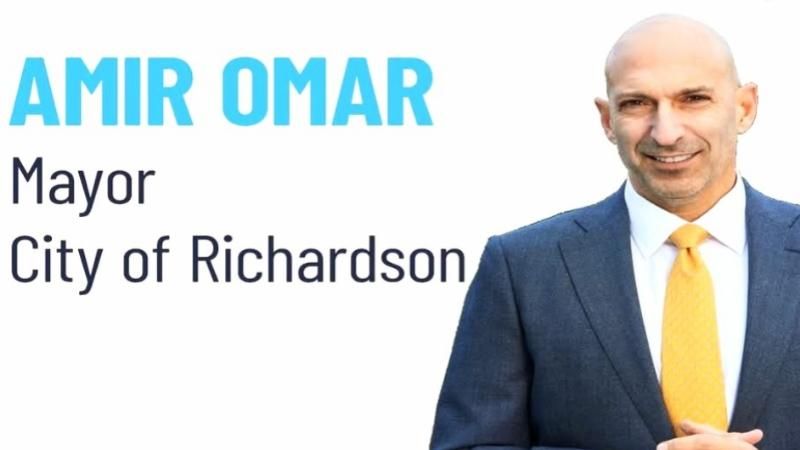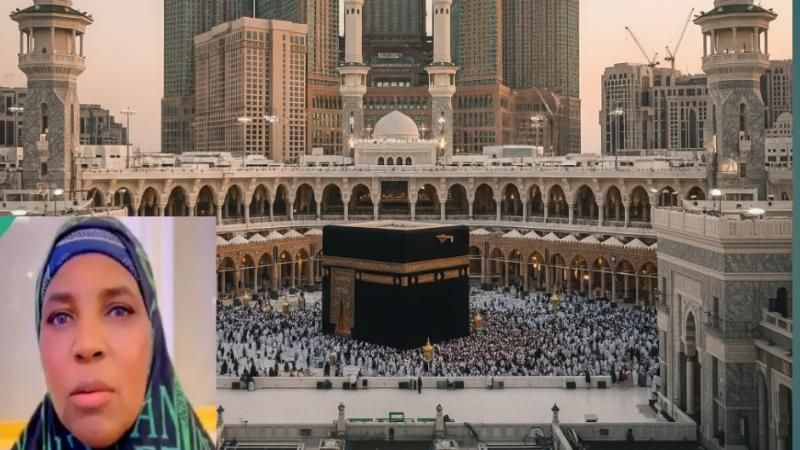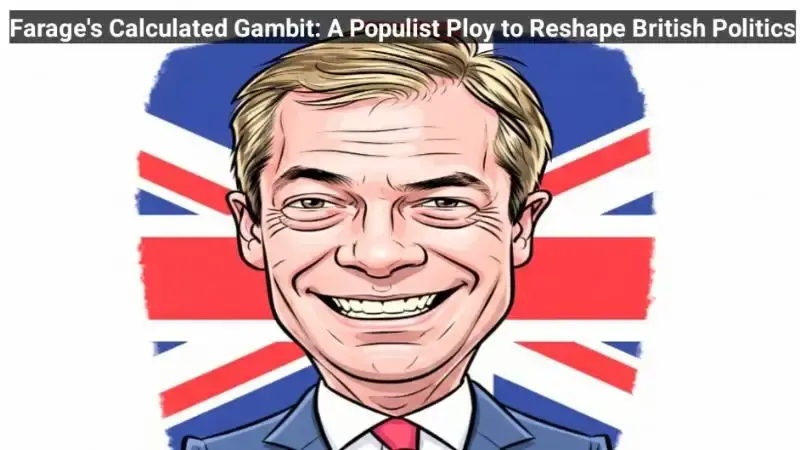Nigel Farage, the perennial disruptor of British politics, has once again seized the spotlight, unveiling a controversial benefit plan that appears less about social policy and more about a calculated maneuver to dismantle the traditional two-party system. His audacious proposal to scrap the two-child benefit cap and reinstate universal winter fuel payments for pensioners, while seemingly a left-leaning appeal, is meticulously crafted to exploit the vulnerabilities of both Labour and Conservative parties and propel Reform UK into the heart of British power, Daily Dazzling Dawn understands.
A Trap for the Establishment: The Benefit Plan's Dual Edge
Farage's recent press conference, marking his return to the political fray, was a masterclass in his signature populism, even as he incongruously declared himself "never a populist politician." The Reform UK leader, often accused of telling voters exactly what they want to hear, simultaneously veered "left" by advocating for increased social security, while immediately veering "right" by limiting these enhanced benefits to "British families," implicitly excluding recent immigrants. This "natalist and nativist" fusion is a stark illustration of Farage's strategy: to appear compassionate to a segment of the working class while simultaneously reinforcing his core anti-immigration message.
The plan itself is a trap for the established parties. For Labour, who have been under increasing internal pressure to scrap the two-child benefit cap – a policy they vocally oppose but have been hesitant to abolish due to fiscal concerns – Farage's move puts them in an uncomfortable position. Education Secretary Bridget Phillipson has indicated that the government is "considering" lifting it, acknowledging its role in pushing people into poverty. However, Labour's earlier reluctance, driven by a need to control spending, makes them vulnerable to Farage's "man of the people" appeal. Their discomfort is palpable, with Labour MP Mike Tapp lambasting Farage as "another rich bloke masquerading as a working-class hero," accusing him of "cynical" and "fantasy economics" that could "crash the economy."
For the Conservatives, who introduced the two-child cap in 2017, Farage's proposal directly undermines a policy they have long defended as "right" and "fair," designed to encourage families on benefits to make similar choices to those in work. Chancellor Kemi Badenoch faces the complex task of managing public finances while grappling with these new, politically driven demands, especially with a comprehensive spending review and autumn Budget looming. The delay in the government's Child Poverty Taskforce further highlights the internal turmoil and lack of clear direction.
Can Reform UK Change the Political Game in the UK?
The evidence suggests that Reform UK is indeed changing the political game. Recent polling indicates a dramatic shift in the political landscape. A "More in Common" MRP poll from April 2025 suggests Reform UK could win a staggering 180 seats in a general election, making them the largest party, with both Conservatives and Labour tied on 165 seats each. This marks a massive increase for Reform UK, who secured only 5 seats in the 2024 general election. Furthermore, Ipsos data shows that the British public now views Reform UK (37%) as the main opposition party, ahead of the Conservatives (33%), and perceives Farage as more likely to become Prime Minister (39% likely) than Kemi Badenoch (25% likely).
This surge is not simply a "short-lived protest vote." Reform's success in local elections, particularly in areas that voted for Brexit and Boris Johnson in 2019, demonstrates their ability to cluster votes and leverage the first-past-the-post system to their advantage. Their dominance on social media and resonant messaging, which blames immigrants and minorities for national decline, taps into a growing demographic drawn to populist narratives. The "collapse of confidence in two political parties that are pretty much merged," as Farage put it, provides fertile ground for Reform UK.
Is Immigration Nigel Farage's Only Key?
While immigration is undeniably Nigel Farage's most potent and frequently deployed weapon, it would be an oversimplification to suggest it's his only key. His political genius lies in his ability to identify and exploit deeply felt grievances among significant segments of the British electorate. Immigration serves as a convenient and emotionally charged scapegoat for a range of anxieties: concerns about public services, national identity, cultural change, and economic insecurity. By consistently linking these issues to immigration, he creates a powerful, simplistic narrative that resonates with many.
However, his recent move on benefits indicates a broadening of his populist appeal beyond just immigration. By addressing issues like child poverty (albeit with his own caveats) and pensioner support, he is attempting to position Reform UK as a party that cares about the welfare of "working people," even if that definition remains narrow and exclusionary. His challenge to Rishi Sunak to a debate in a "working man's club" exemplifies his desire to connect with traditional Labour voters who feel abandoned by the mainstream parties. So, while immigration remains his bedrock, he is diversifying his appeal, albeit often by framing social issues through a nativist lens.
Impact on Muslim and Immigrant Communities: A Grave Concern
If Nigel Farage's Reform UK were to significantly change the political landscape, the impact on Muslim, immigrant, and South Asian (Bangladeshi, Indian, Pakistani, Nepali, Sri Lankan) and African communities in the UK would be profoundly concerning and potentially detrimental. Reform UK's rhetoric and proposed policies, rooted in nativism and anti-immigration sentiment, are widely seen as fostering division and xenophobia.
Farage and other Reform UK members have a documented history of Islamophobic remarks, suggesting Muslims do not share British values and and accusing some of wanting to "take us over." Their policies, such as the proposed limitation of benefits to "British families" and calls for "time-specific work permits" with no entitlement to healthcare or social benefits for "necessary" migrant workers, directly target and marginalize these communities. The rise of Reform UK would likely lead to increased discrimination and hate incidents, as the mainstreaming of anti-immigrant and Islamophobic rhetoric could embolden individuals and groups to act on prejudiced views. This could result in a rise in hate crimes and discrimination in employment, housing, and public spaces.
Furthermore, a Reform UK-influenced government could bring about reduced rights and opportunities for these communities, with policies limiting immigration and access to public services potentially restricting family reunification, healthcare access, and social welfare provisions. Such a shift would inevitably lead to heightened social tensions, as the rhetoric of "us vs. them" exacerbates existing divisions, leading to decreased social cohesion and increased feelings of alienation among immigrant and Muslim populations. Economically, policies impacting migrant workers, even those deemed "essential," could make these communities more vulnerable, pushing them into precarious work conditions with fewer rights. Ultimately, a government influenced by Reform UK's agenda could lead to a significant erosion of trust in political institutions among these communities, potentially impacting civic participation. It's a stark reality that the success of Reform UK would likely create a more hostile and challenging environment for many of Britain's diverse communities.
Why Few Immigrants and Muslim Politicians Join with Nigel Farage?
The overwhelming majority of immigrant and Muslim politicians and community leaders would find it extremely difficult, if not impossible, to align with Nigel Farage and Reform UK due to the party's core ideology and long history of rhetoric. Farage's platform is built on anti-immigration, nationalistic, and often culturally exclusive principles, directly contradicting the experiences and values of most immigrant and Muslim communities who advocate for inclusivity, diversity, and social justice. As detailed, Reform UK's policies and rhetoric often directly target these communities, making alignment seem like a betrayal of their constituents and their own identity.
Farage's record of controversial statements, including those concerning feeling "uncomfortable" hearing foreign languages and agreeing with "basic principle" of Enoch Powell's "Rivers of Blood" speech, are deeply offensive and alienating. For any politician representing or seeking to represent diverse constituencies, aligning with Farage would likely be political suicide, leading to a massive loss of support. While there might be individual instances of tactical alignment on specific issues, a fundamental lack of shared values around social cohesion, human rights, and the role of diversity in British society prevents broader support. Any instances of individuals from these backgrounds joining Reform UK would likely be exceptional and driven by highly specific, often personal, reasons rather than broad ideological agreement from their communities.
Are There Any Chance for Early Election in UK?
The chances of an early general election in the UK are constantly being speculated upon. While a fixed-term parliament act has been repealed, allowing the Prime Minister to call an election at any time, the current government typically holds on until the last possible moment unless a significant political advantage is to be gained.
Given the current polling data, which shows Reform UK surging and both Labour and Conservatives struggling, neither of the main parties currently appears to have a strong incentive to call an early election. Rishi Sunak's Conservative government is significantly behind in the polls, and an early election would likely result in a heavy defeat. While Labour is ahead, their lead has tightened, and the rise of Reform UK creates a volatile and unpredictable electoral landscape where their expected majority could be jeopardized. Historically, governments tend to wait until the last possible moment hoping for an improvement in their fortunes or a strategic opening. However, if the political pressure becomes unbearable, or if a significant external event shifts the calculus, an early election could become a possibility. As of now, the most likely scenario remains an election in the latter half of 2025, probably in autumn, as per the established political calendar.
Current UK Prime Minister's Position in Polls and Public Opinion
Rishi Sunak's position as Prime Minister is precarious, to say the least. Polls consistently show the Conservatives trailing Labour, and more significantly, losing ground to Reform UK. "More in Common" data from May 2025 shows Conservative support at just 21%, behind Labour (22%) and Reform UK (30%). Sunak's personal approval ratings are deeply in negative territory across various trackers, with a net approval rating of -38% in Wales being his lowest since April 2023.
Public confidence in the Conservatives' plan for changing Britain is at its lowest compared to other parties (24%). While Keir Starmer's personal ratings have also seen fluctuations, he generally leads Sunak in the "better Prime Minister" question. The internal pressure within the Conservative Party is immense, with a significant proportion of their 2019 voters now considering Reform UK. Sunak's challenge is not just to close the gap with Labour but also to stem the bleeding of votes to Farage's burgeoning party on the right. His government is perceived as lacking direction and struggling to deliver on key promises.
In conclusion, Nigel Farage's latest political maneuver is a potent reminder of his enduring influence on British politics. His benefit plan, strategically designed to target the weaknesses of both Labour and Conservatives, exemplifies Reform UK's ambition to fundamentally alter the UK's political landscape. While immigration remains a central pillar of his appeal, Farage is expanding his populist platform to address broader societal anxieties. The potential impact on diverse communities, particularly immigrant and Muslim populations, is a grave concern, given Reform UK's history of divisive rhetoric. As the UK approaches a general election, likely later in 2025, the rise of Reform UK under Farage's leadership ensures a volatile and unpredictable contest, further eroding the dominance of the traditional parties.



.jpg)
.jpg)





.svg)
